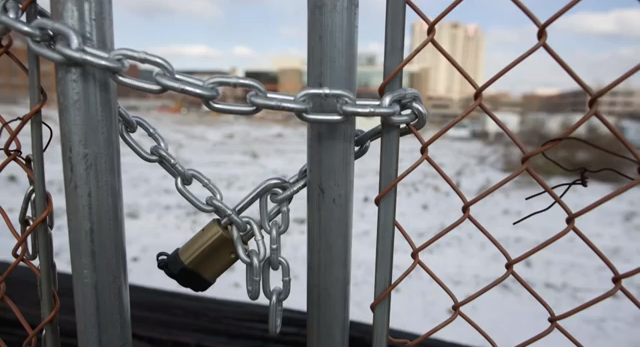What COVID-19 Means for High-School Athletes, Recruitment, and Scholarships
September 20, 2020
With the cancellation of many college and high school sports this school year, student-athletes are concerned about whether they will be able to qualify for certain sports scholarships in addition to what the recruitment process will be like for getting into college-level teams.
Some states have already announced their plans for moving forward this fall semester. In particular, California, New Mexico, Virginia, and Washington have all addressed that they do not plan to allow any contact sports, such as football, to continue practice or compete in games during this season. As of now, these sports have been pushed back until the spring, assuming that schools will be safe to reopen by then.
The National Collegiate Athletic Association (NCAA), as well as other high school sports organizations, have made numerous announcements regarding scholarships and recruitment processes during stay-at-home-learning. They advise that student-athletes use this time to maximize their online presence and be proactive in starting conversations with college recruitment coaches. This last part should go without saying, as a vital part of earning a sports scholarship is recruitment, and that relies heavily on meeting the coaches in person. However, in-person meetings have been upended by the pandemic and the resultant social distancing guidelines.
Moreover, with school closures all over the country and the resultant cancellations of many fall sports, high school athletes have lost a year of playing time. What this means is that student-athletes will have less game film, and thus, fewer opportunities to display their talents to impress college coaches. Recruiters are also unable to watch how athletes perform during games and practices, making it far more difficult for high school athletes to set themselves apart in an already competitive marketplace of aspiring young athletes.
Nonetheless, there are still ways to get noticed. Dan Doyle, a recruitment coach manager for Next College Student Athlete, which helps high school athletes achieve their goal of playing on the college level, encourages student-athletes to reach out to college coaches, whether through social media or online portals.
“The electronic communication part of recruiting is so, so vital right now,” stated Doyle.
In addition, Doyle recommends that student-athletes organize their game film, transcripts, and test scores on platforms where college coaches can easily access, such as the platform he works for.
“High school student-athletes need to be more proactive,” Doyle says. “Coaches are still on the recruiting trail, albeit from home. In the absence of game film, students should put together skills videos that highlight their workouts or abilities in their chosen sport.”
Regardless, Doyle acknowledges that what’s most important right now is that students try to stay optimistic during this strange and difficult time.
Photo courtesy of NEXTCITY.ORG

